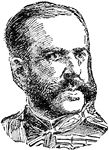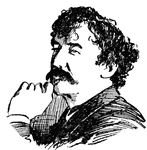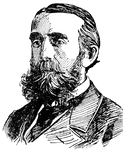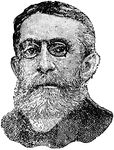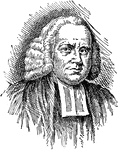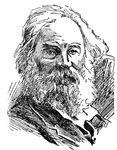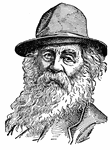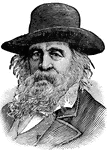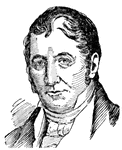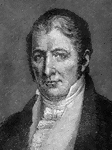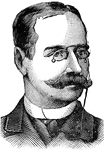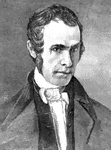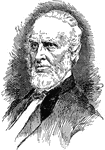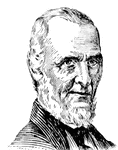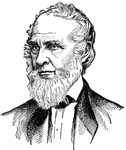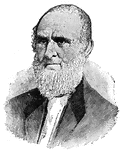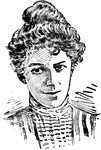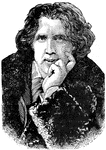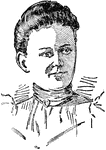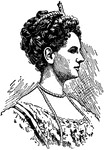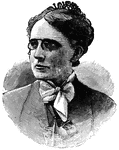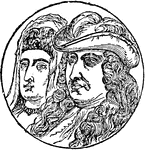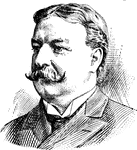267 illustrations of famous people including: Joseph Warren, George Washington, Martha Washington, Daniel Webster, John Wesley, Walt Whitman, Eli Whitney, Oscar Wilde, Frances Willard, King William (I, II, III, IV), Woodrow Wilson, and many more
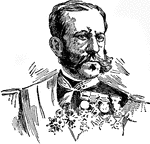
Valeriano Weyler
Valeriano Weyler Nicolau, marqués de Tenerife (17 September 1838 – 20 October 1930) was a Spanish…
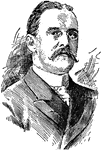
Benjamin Ide Wheeler
American educator and professor at Brown University, Harvard, and Cornell University teaching philology…
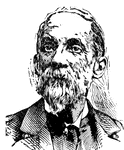
General Joseph Wheeler
(1836-1936) American Major-General active in Civil War and the Spanish-American War. Held a seat in…
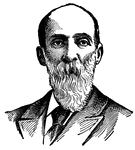
General Joseph Wheeler
(1836-1936) American Major-General active in Civil War and the Spanish-American War. Held a seat in…
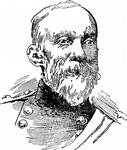
Joseph Wheeler
Joseph Wheeler (September 10, 1836–January 25, 1906) was an American military commander and politician.…
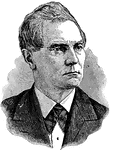
William Almon Wheeler
William Almon Wheeler (June 30, 1819 – June 4, 1887) was a Representative from New York and the nineteenth…
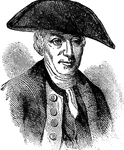
Abraham Whipple
Abraham Whipple (26 September 1733 – 27 May 1819) was an American revolutionary naval commander.…
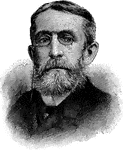
Andrew Dickson White
Andrew Dickson White (November 7, 1832 – November 4, 1918) was a U.S. diplomat, author, and educator,…
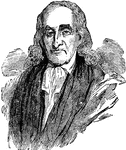
William White
The Most Reverend William White (April 4, 1748 N.S. – July 17, 1836) was the first and fourth…
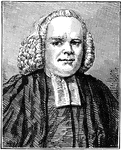
George Whitefield
George Whitefield (December 16, 1714 – September 30, 1770), was a preacher in the Church of England…
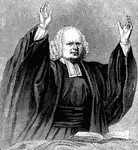
George Whitefield
George Whitefield (December 16, 1714 – September 30, 1770), was a preacher in the Church of England…
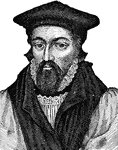
Archbishop John Whitgift
John Whitgift (c. 1530 – February 29, 1604) was Archbishop of Canterbury from 1583 to his death. Noted…
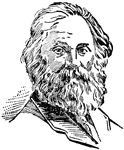
Walt Whitman
A poet, born in West Hills, Long Island, New York, May 31, 1819; died in Camden, New Jersey, March 25,…
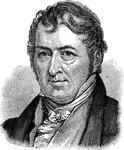
Eli Whitney Jr.
Eli Whitney (December 8, 1765 – January 8, 1825) was an American inventor best known as the inventor…
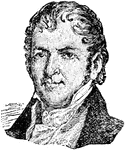
Eli Whitney
An inventor, born in Westborough, Mass., Dec. 8, 1765; died in New Haven, Conn., Jan. 8, 1825.
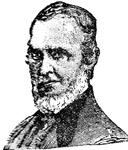
John Whittier
An eminent poet, born near Haverhill, Mass., Dec. 17, 1807; died in Hampton Falls, New Hampshire, Sept.…

John G. Whittier
A portrait of John G. Whittier. Whittier was a Quaker poet and advocated for abolishment of slavery.
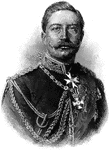
German Emperor Wilhelm II
Wilhelm II (27 January 1859 – 4 June 1941) was the last German Emperor and King of Prussia (German:…
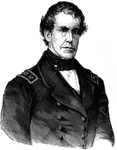
Charles Wilkes
(1798-1877) American Naval officer and explorer who brought Great Britain on the Confederate side of…
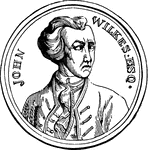
John Wilkes
John Wilkes (17 October 1725 – 26 December 1797) was an English radical, journalist and politician.…
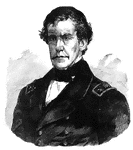
Rear Admiral Charles Wilkes
"Rear Admiral Wilkes, born in New York city, April 3rd, 1798, died in Washington, D. C., February 8th,…
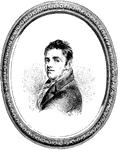
Sir David Wilkie
This is a portrait of Sir David Wilkie. This scottish artist was a famous and successful painter and…
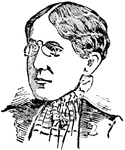
Frances Willard
A lecturer and reformer, born in Churchville, New York, Sept. 28, 1839; died in New York City, Feb.…
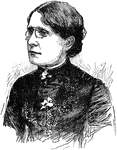
Frances Willard
Frances Elizabeth Caroline Willard (September 28, 1839 – February 17, 1898) was an American educator,…
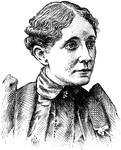
Frances E. Willard
An American women's suffragist. She had a heavy influence in the passage of the 18th and 19th amendments…
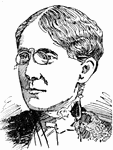
Frances Elizabeth Willard
(1839-1898) American temperance reformer. President of the National Woman's Temperance Union and of…
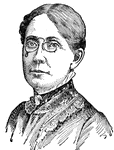
Frances Elizabeth Willard
(1839-1898) American temperance reformer. President of the National Woman's Temperance Union and of…

Frances Elizabeth Willard
Frances Elizabeth Caroline Willard was an educator and women's suffragist. She was president of the…
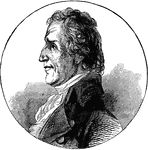
Marinus Willett
Marinus Willett (July 31, 1740 – August 22, 1830) was an American soldier and political leader from…
